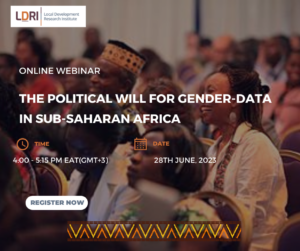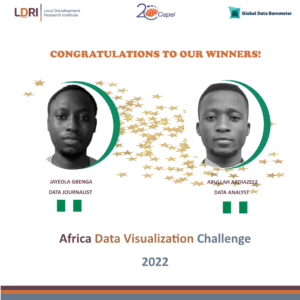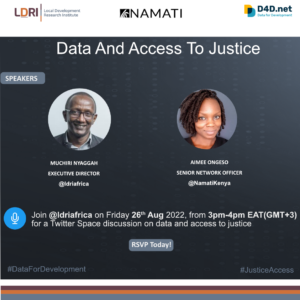![]()
We Have Superpowers! But They Need Data.


Among the Greek and Roman gods imbued with superpowers is one called Janus. He would have been a terrifying being to behold if he ever physically appeared to humans. Unlike normal beings who take the expected anthropomorphic form, he had two faces; one at the front and the other at the back of his head. This gave him a superpower no other demi-god or deity in Greek or Roman mythology had, the ability to simultaneously look forward while looking back. He was the god of gates, transitions, time, duality, beginnings and endings.
It’s generally believed that it’s from Janus that we get the name of the first month of the year, January. That time of the year when we look back at the past year and make plans for the next. But our source of superpowers, akin to those of Janus, don’t come from our faces but from a different source: data.
Some of the oldest inscriptions dating back to 4,000 BC found in places such as where the Sumerian city of Uruk and the Elamite city of Susa stood, are detailed records of grain and livestock. They provide us with one example of a civilization, many millennia ago, that collected data for reporting or decision-making. As a species, we have gotten very good at it since then.
Data provides us with the ability to look back at what happened, what worked, what impact it had and what didn’t work. It gives us ‘backward looking’ power. Data also provides with the power to forecast by looking at past trends in the context of other information to envision a possible future. Some sectors have gotten very good at this ‘forward looking’ ability, such as meteorology, population studies and food production.
Learning how to use our superpower, like any good superhero, takes time, practice and investment. But our superheroes across the food and nutrition security sector, are not getting enough of either to use their superpower well. At LDRI, there are three areas we are paying attention to in our focus countries starting 2019. These areas are critical in order to provide actionable insights and bring our data-driven superpowers to the development challenges in Africa.
First is human capital. All the highly disaggregated and relevant data we want would be useless if the people who can use it to find insights aren’t there. It’s about putting boots on the ground (or behind desks). It’s also about equipping them with the training and skills they need to harness data in doing their job.
Second is an enabling environment. If the policy and legal space to find, use and share data is not there or hampers efforts to do these things, then we remain with a workforce in both government and outside government whose wings are clipped.
Third is sustainable financing. Sadly, in most of Africa, critical surveys as well as open data initiatives are funded almost entirely by development partners. This leaves decision-making in countries at the mercy of the ebb and flow that characterises overseas development assistance. Data gaps on critical indicators such as stunting and women’s economic empowerment persist. This is sometimes because countries can tend to prioritise indicators for which partners have an appetite at the expense of those that respond to national strategic priorities.
For us to achieve the ambitious goals in Africa’s Agenda 2063 or the 2030 Agenda for Sustainable Development, we need everyone, but especially those in the civil service, to tap into their superpower and master it. To do that, it will take deliberate efforts to address the human capital, financing and enabling environment gaps that keep us from realising our potential.
Image credit: Loudon dodd [GFDL (http://www.gnu.org/copyleft/fdl.html) or CC BY-SA 3.0 (https://creativecommons.org/licenses/by-sa/3.0)], from Wikimedia Commons




